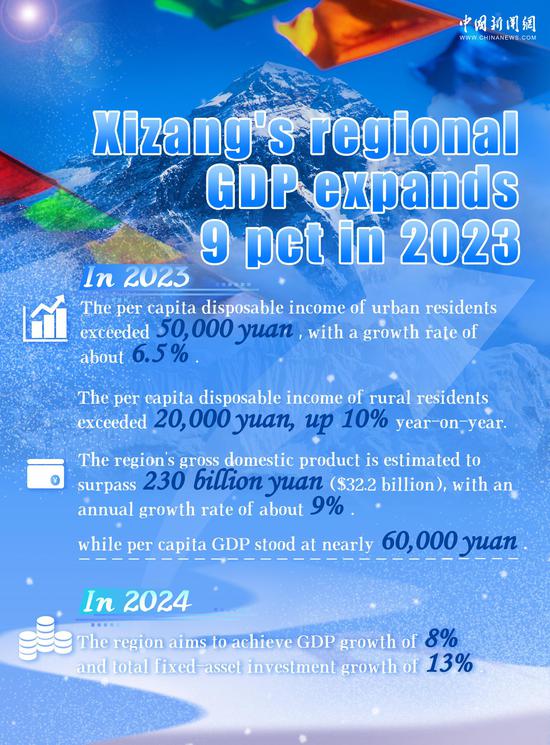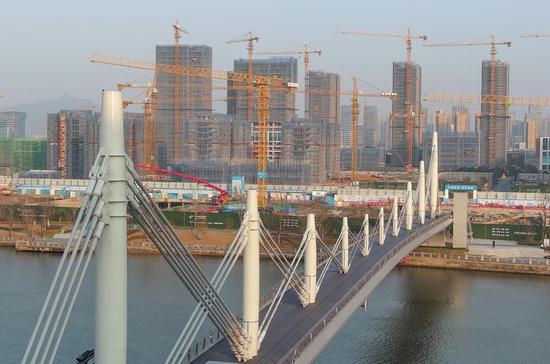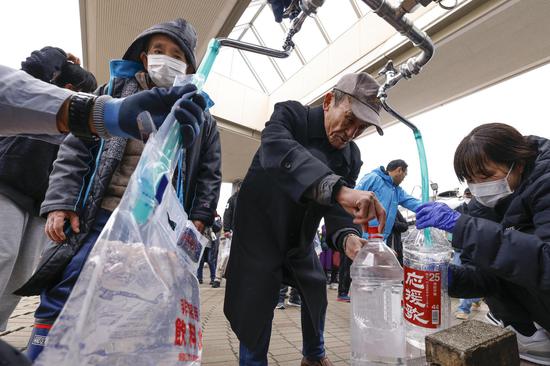Joblessness and the jobs gap have both fallen below pre-pandemic levels but global unemployment will rise this year, and growing inequalities are causes for concern, an International Labour Organization report said.
Despite worsening economic conditions, global labor markets displayed unexpected resilience last year. However, recovery from the pandemic remains uneven, and new vulnerabilities and multiple crises are eroding prospects for greater social justice, the report said.
The report, "World Employment and Social Outlook: Trends 2024", finds that both the unemployment rate and the jobs gap — which is the number of persons without employment who are interested in finding a job — have fallen below pre-pandemic values. The 2023 global unemployment rate stood at 5.1 percent, a modest improvement from 2022 where it stood at 5.3 percent. The global jobs gap and labor market participation rates also improved in 2023.
Nevertheless, the report highlights that beneath the surface of these statistics, signs of vulnerability are beginning to surface. It predicts a deterioration in the labor market outlook and a worsening global unemployment situation. By 2024, an additional 2 million individuals are anticipated to be seeking employment, causing the global unemployment rate to rise to 5.2 percent.
Furthermore, disposable incomes have decreased in most G20 nations, and the erosion of living standards due to inflation is unlikely to be swiftly offset, the report said.
Moreover, important differences persist between higher- and lower-income countries. While the jobs gap rate in 2023 was 8.2 percent in high-income countries, it stood at 20.5 percent in the low-income group, it said.
Working poverty is also likely to persist. Despite quickly declining after 2020, the number of workers living in extreme poverty, earning less than $2.15 per person per day in purchasing power parity, or PPP, terms, grew by about 1 million in 2023.
The number of workers living in moderate poverty (earning less than $3.65 per day per person in PPP terms) increased by 8.4 million in 2023.
Income inequality has also widened, the report warns, adding that the erosion of real disposable income "bodes ill for aggregate demand and a more sustained economic recovery".
"The workforce challenges it (the report) detects pose a threat to both individual livelihoods and businesses and it is essential that we tackle them effectively and fast," said ILO director-general Gilbert F. Houngbo.
He Yun, an associate professor at the School of Public Policy of Hunan University, said that employment is of great significance in ensuring people's livelihood, promoting economic development, and maintaining social stability. Therefore, countries should strengthen cooperation to jointly promote global economic development, and at the same time introduce effective policies to solve the employment problem.


















































 京公网安备 11010202009201号
京公网安备 11010202009201号